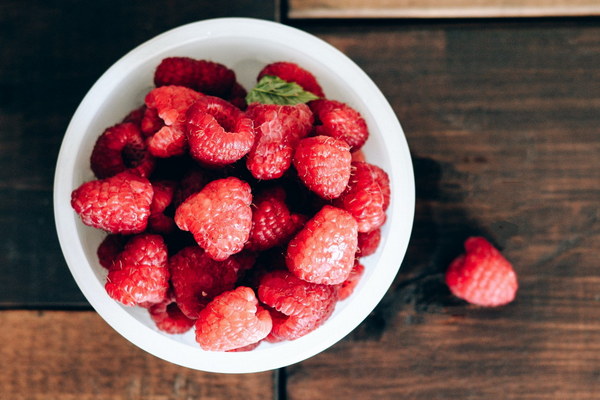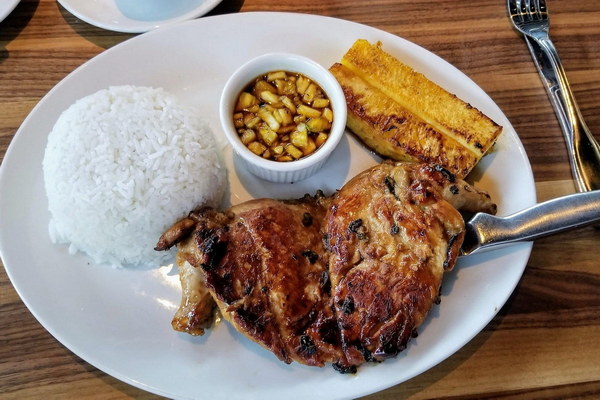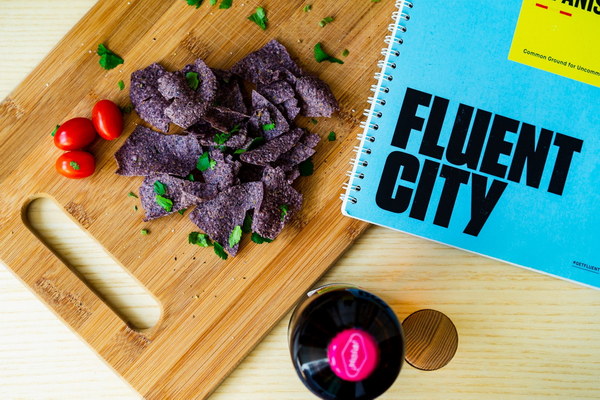Rice The Natural Remedy for Soothing Your Lungs and Cooling the Fire of Heat-Generated Disorders
In the vast tapestry of traditional Chinese medicine, the healing power of natural ingredients is celebrated. One such ingredient is the humble rice, particularly the sticky or glutinous variety, known as Jingmi in Chinese. Jingmi, with its unique properties, is often used to nourish the lungs and cool the fire associated with heat-generated disorders. This article delves into the wonders of Jingmi and its role in traditional Chinese healing practices.
Understanding Jingmi: The Glutinous Rice
Jingmi, also known as glutinous rice, is a staple in Asian cuisine and has been cherished for its health benefits for centuries. Unlike regular white rice, Jingmi contains a higher concentration of starch, which gives it a sticky texture when cooked. This unique composition is what makes it an effective ingredient in traditional Chinese medicine.
The Concept of Fire in Traditional Chinese Medicine
In traditional Chinese medicine, fire is a metaphor for the excess of heat in the body, which can lead to various health issues. Excess heat can manifest as symptoms such as a sore throat, cough, fever, and irritability. Jingmi is believed to have the ability to cool the fire, thus alleviating these symptoms and promoting overall health.
How Jingmi Cools the Fire and Clears the Lungs
The cooling properties of Jingmi are attributed to its ability to nourish the lungs and clear the respiratory system. Here's how it works:
1. Nourishing the Lungs: Jingmi is rich in nutrients, including vitamins, minerals, and antioxidants, which help to nourish the lungs. This nourishment strengthens the respiratory system, making it more resilient to infections and other respiratory issues.
2. Cough Relief: The sticky texture of cooked Jingmi is thought to help soothe the throat and relieve coughing. It can be particularly beneficial for dry, hacking coughs that are often associated with heat-generated disorders.
3. Cooling the Body: Jingmi is believed to have cooling properties that can help lower body temperature and alleviate fever. This is especially useful during the hot summer months or when dealing with heat-related illnesses.
4. Digestive Benefits: The high starch content in Jingmi can aid digestion and promote the absorption of nutrients. This can be beneficial for those with digestion issues or those who are recovering from an illness.
Traditional Recipes and Remedies Using Jingmi
In traditional Chinese medicine, Jingmi is often used in various recipes and remedies to cool the fire and nourish the lungs. Here are a few examples:
1. Jingmi Soup: A simple yet effective remedy, this soup is made by boiling Jingmi in water until it becomes thick and sticky. It can be consumed warm or at room temperature.
2. Jingmi Pudding: This dessert is made by boiling Jingmi with water and sweetening it with honey or rock sugar. It's believed to be especially beneficial for soothing the throat and clearing the lungs.

3. Jingmi Tea: A cup of Jingmi tea can be a refreshing way to cool the body and alleviate heat-related symptoms. Simply boil Jingmi in water and strain it before serving.
Conclusion
Jingmi, the sticky rice, is a natural remedy that has been used for centuries in traditional Chinese medicine to nourish the lungs and cool the fire associated with heat-generated disorders. Its cooling properties, combined with its nutritional value, make it a valuable addition to any wellness routine. Whether you're dealing with a respiratory issue or simply looking to maintain your health, Jingmi is a delicious and effective way to cool the fire and support your body's natural healing processes.









